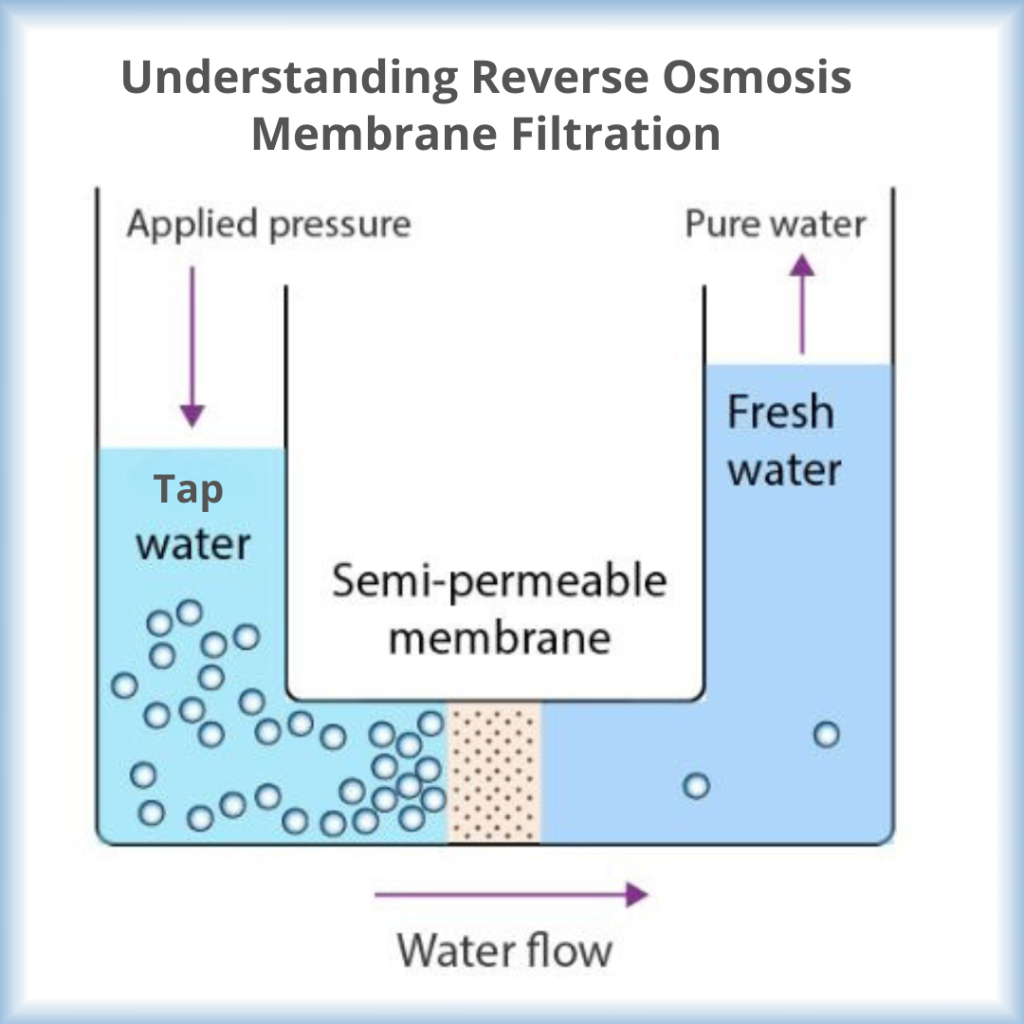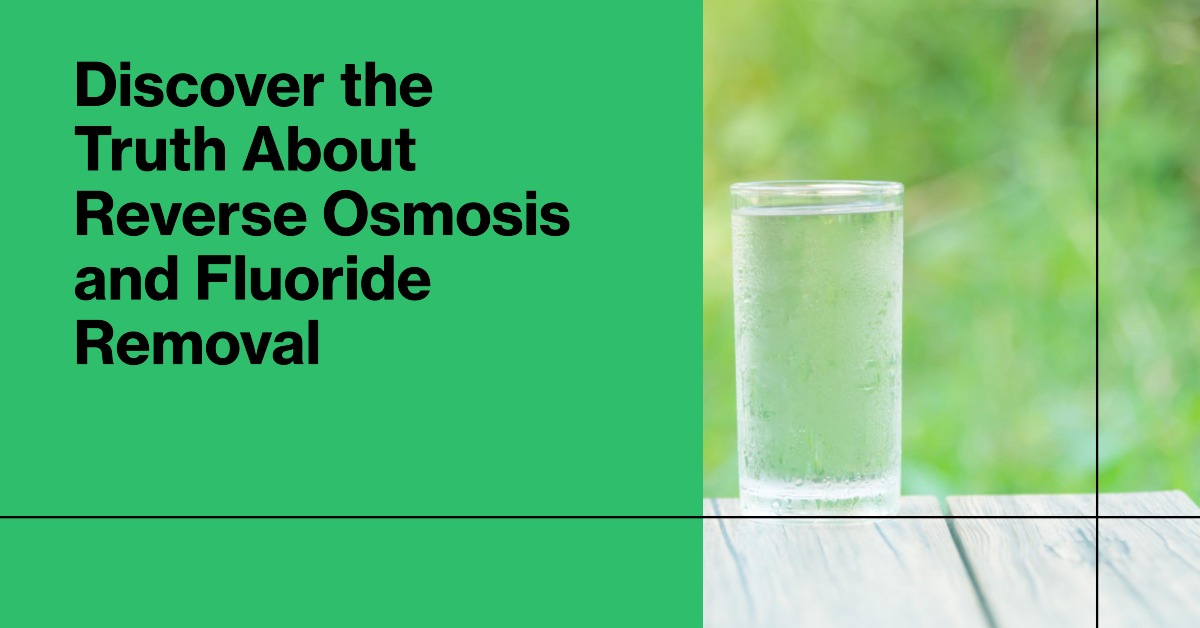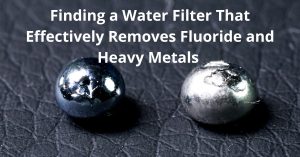With all the talk about fluoride in our drinking water these days, it’s understandable that many people want to know if their water filtration system removes fluoride. Reverse osmosis is one of the most popular types of under sink water purification systems used in homes today. But does it actually get rid of fluoride? Let’s take a closer look.
What is reverse osmosis?

Reverse osmosis, often abbreviated as RO, is a process that forces water through a semi-permeable membrane to remove contaminants. This membrane has tiny pores that are sized to block dissolved solids like salt and minerals from passing through, while allowing water molecules to pass. The result is purified water on one side of the membrane and a concentrated brine solution on the other side.
RO systems provide very thorough filtration, removing up to 99% of contaminants from water. This includes things like heavy metals, microorganisms, minerals, and yes, fluoride. The fluoride ions are simply too large to fit through the tiny membrane pores.
The pros and cons of removing fluoride

Whether you want fluoride removed from your drinking water really comes down to your stance on fluoride itself. Some people believe fluoride is an essential nutrient that promotes strong teeth and bones. Others argue that it’s a dangerous chemical linked to health issues.
Pro-fluoride folks may prefer to stick with simpler and more affordable filtration like gravity water filter systems or benchtop water purifiers. These allow fluoride and other minerals to remain depending on the filter media. Consumers, conscious of the fluoride downsides often turn to reverse osmosis to eliminate as much fluoride as possible.
Weighing your options
Ultimately there’s no universally right or wrong answer to fluoride filtration. Here are a few things to consider when deciding:
- Consult your dentist to see if low fluoride is a concern for your oral health. They may recommend fluoride toothpaste if needed.
- Look at how much fluoride is in your municipal water supply. RO may be overkill if levels are already low. Check with your water authority to find who your water service provider is and find out about the quality:
QLD NSW VIC ACT SA WA NT - Consider starting with affordable fluoride water filtration for tap water. You can always upgrade to RO later on.
- Install a RO system under sink or countertop if you strongly prefer maximum fluoride reduction.
Reverse osmosis water filters for tap water are very effective at removing fluoride from drinking water – up to 90% removal. But make sure you weigh the pros and cons before making any decisions.




